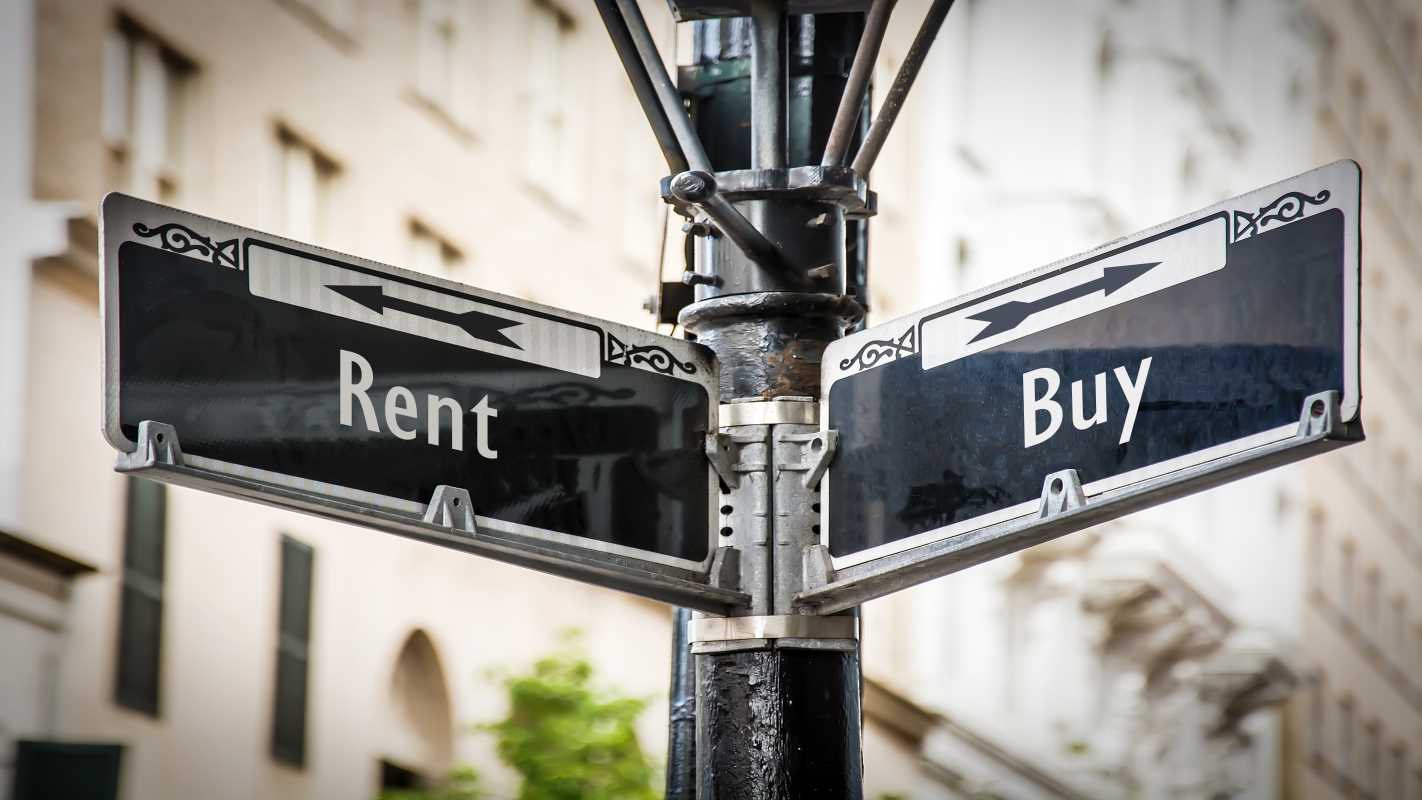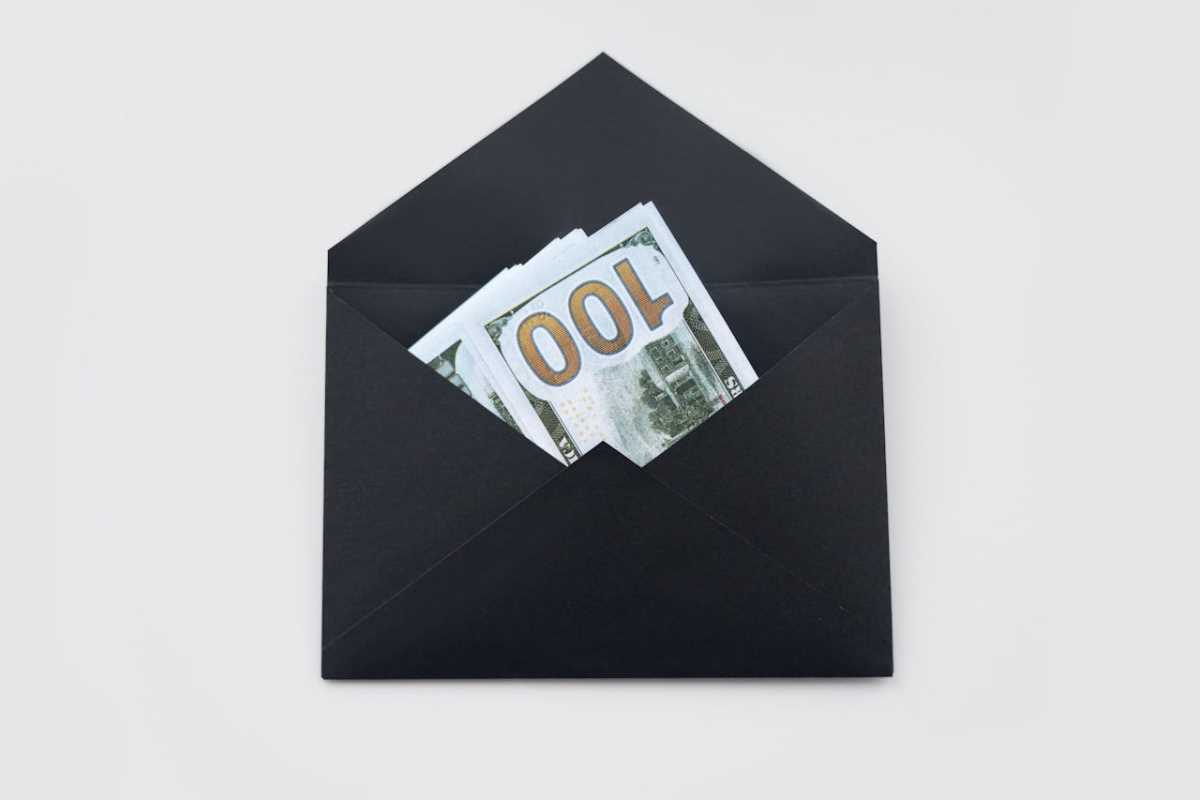Have you ever looked around your home and wondered if some of your unused stuff is actually worth something? Believe it or not, that extra room, your hardly-used dresses, or even your driveway could be earning you extra cash. The concept is simple but brilliant—rent out what you already own to people who need it on a temporary basis. This allows you to bank some extra income without making a big investment up front. With the rise of peer-to-peer sharing platforms, this idea is easier than ever to execute. Whether you’re looking to make a little money on the side or cover monthly expenses, renting out your unused items could be the solution you didn’t realize you had.
Here’s a breakdown of how to rent out everything from driveways to dresses, along with the best platforms to use, tips to get started, and advice for maximizing your earnings.
Your Driveway or Parking Spot
Do you live in a busy city, near a stadium, airport, or event venue? If so, your driveway or extra parking spot could be a goldmine. People are often willing to pay for the convenience of a guaranteed place to park.
How It Works
Platforms like SpotHero, JustPark, or Neighbor connect you with people searching for parking in your area. You set your availability, price, and any restrictions (like no overnight parking), and the platform takes care of the rest.
For example, if you’re gone most of the day, renting out your driveway to daytime commuters could bring in extra cash without disrupting your life.
Clean and clear the spot: Make sure the space is free from debris or obstacles.
Set a competitive price: Check parking rates in your area to stay competitive while still earning a profit.
Be clear about the rules: Communicate things like access hours, towing policies, and the exact location to avoid confusion.
Clothing and Accessories
That dress you bought for a wedding or the designer bag you rarely use could be sitting in your closet earning money. High-quality and trendy items are in demand for formal events, nights out, or even everyday rentals.
How It Works
Platforms like Rent the Runway, Style Lend, or ByRotation make it easy for people to browse and rent your pieces. You list your clothes or accessories, set the rental price, and decide how long someone can keep them. These platforms usually handle cleaning after the rental, so you don’t have to worry about extra hassle.
What Items Rent Well
- Formal wear (dresses, suits, etc.)
- Designer handbags or shoes
- Unique or trendy clothing items
Take great photos: Make your items stand out by showcasing them with high-quality pictures in good lighting.
Be honest about condition: If your item has small flaws, make sure renters know upfront.
List seasonal items: Prom dresses rent well during spring, while holiday outfits are in demand in December.
Tools and Equipment
You probably have tools in your garage collecting dust, like drills, ladders, or lawnmowers. Renting out tools to DIYers, hobbyists, or neighbors is a great way to make sure these items get used and put money in your pocket.
How It Works
Platforms like Fat Llama and ShareGrid allow you to list tools and equipment for rent. Borrowers can browse your inventory, book what they need, and return it when they’re done.
This also works for larger equipment like power washers, garden tillers, or even a snowblower that you only use a few times a year.
Set fair prices: Borrowers are usually looking to save money compared to buying new, so don’t price your items too high.
Provide instructions: Add a quick guide or demo for using the tool (especially for more complex items).
Double-check for damages: Inspect items carefully before and after rentals to maintain good condition.
Electronics
Tech gadgets are pricey, so many people prefer borrowing rather than buying. If you have items like cameras, drones, or gaming systems that you don’t use daily, those could be hot-ticket rentals.
How It Works
Websites like Fat Llama or Kitsplit match lenders with people looking for short-term use of electronics. List your item, set the price, and outline any terms (like requiring renters to replace broken equipment).
Popular Electronics to Rent:
- Drones
- DSLR or mirrorless cameras
- Gaming consoles (Xbox, PlayStation, etc.)
- Projectors and sound systems
Keep your equipment current: Latest models tend to rent more.
Include all accessories: For example, if you’re renting out a camera, make sure to include lenses, chargers, and any other gear that makes it useful.
Check the renter’s track record: Some platforms allow you to approve renters based on reviews or ratings.
Furniture
Moving into a new home or hosting an event often requires extra furniture. If you have gently used pieces lying around, such as chairs, tables, or even a couch, you can rent them out instead of letting them sit idle.
How It Works
Platforms such as CORT or Feather specialize in furniture rentals, but peer-to-peer marketplaces like Facebook Marketplace and Craigslist can be just as effective for local transactions.
Target event planners: Think about listing folding chairs, tables, or decor items for small parties or weddings.
Be flexible with pick-up and delivery: Offer drive-by pick-up or delivery for an additional fee.
Ensure durability: Since renters might not handle furniture as carefully as you would, make sure the pieces you rent out are built to last.
Other Unique Items You Can Rent
Think beyond the basics! There are plenty of other items around your home that people might need temporarily, such as:
Baby gear: Strollers and cribs are in high demand among traveling families.
Sports equipment: Bikes, kayaks, or camping gear are popular seasonally.
Musical instruments: Instruments like guitars, keyboards, or drums are in demand for students or performers.
Platforms like BabyQuip (for baby gear) and Spinlister (for bikes) make it convenient to rent out these niche items.


.jpg)




